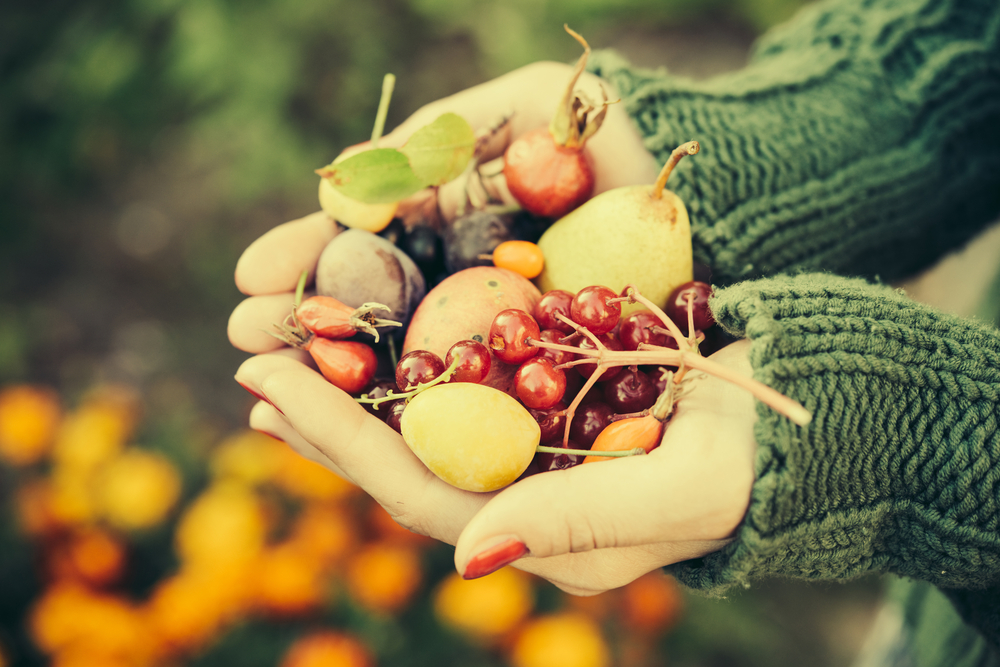In a world where meat eating is a norm and not an exception, there are myths and misconceptions that arise regarding the vegan choices that we choose to make.
Though we have managed to move beyond the vegan stereotype of the ‘hippie nibbling on tofu and greens’, there are still many that surround a plant-based diet. Here are “10 Myths surrounding Veganism-Debunked”:
Myth #1: Vegans only eat vegetables and their diets are restrictive
While those adhering to vegan lifestyle don’t eat any type of meat, dairy or egg products of any kind, their plant-based diet is not a diet of salads, unless they are on a particular “raw diet”.
Plant-based cuisine is based on fruits and starchy foods like potatoes, beans, and whole grains, that can also be used to prepare comfort foods like stews, pizzas and lasagne.
Myth #2: Tofu is the main source of proteins and the diet lacks nutrition
Contrary to popular belief, Tofu is not the be-all and end-all of vegan diets. Some vegans don’t eat tofu at all, especially those who are sensitive to soy.
Though vegans choose not to have milk and milk products, it doesn’t follow that their diet is calcium or protein deficient.
Plant protein is neither incomplete nor inadequate — it’s high-fibre, low-fat and cholesterol-free.
Myth #3: Vegans must take supplements in order to remain healthy
In contrast to the belief that meat and animal proteins form essential components of a healthy diet, the vegan diet contains all the necessary ingredients for optimal health.
Eating a range of pulses, seeds, fruits, vegetables and fortified foods ensures a complete, balanced diet.
Myth #4: Vegans cannot build strength or be athletic
It is possible to achieve a vegan diet that supports athletic performance. In fact plant foods are rich in anti-inflammatory compounds that aid in athletic recovery.
All you need is to ensure that all protein and nutrient needs are met by eating a well-balanced, wholesome diet.
Myth #5: Vegan diets are unhealthy
Eating vegan is like any other way of eating: take care of what you’re putting in your body, and your body will take care of you.
A low-fat, whole-food, plant-based diet is the only diet that has shown to halt and reverse life threatening conditions like heart diseases and diabetes.
Myth #6: A vegan diet will make you lose weight and physically weak
While research shows that overall vegans tend to be thinner; this is not always the case. Since carbs tend to be less satiating than proteins and fats, excesses of calorie intake can occur, which can lead to weight gain.
Confirmed carnivores often see meat-free diets to be a sure-fire way to become frail and weak, but that is not typically the case. Beans, nuts, tofu and other such protein-rich foods can form the cornerstone of a healthy diet for active, vibrant vegans.
Myth #7: Veganism is hard, inconvenient and expensive
Avoiding all foods from animal sources seems like a daunting task, but it is fair to say that going vegan is now simpler.
It is easier to eat a plant-based diet on a limited budget than it is to eat a meat-centred diet. Staples like grains, potatoes, bananas and beans are some of the cheapest and healthiest things, you can buy in the supermarket.
Myth #8: A vegan diet is unsuitable for children
As their brains and bodies are changing, growing and developing rapidly, children require plenty of vitamins and minerals. A well-planned vegan diet can certainly supply all the nutrients a child requires for growth and energy as long as the parent or guardian is well educated about nutrition requirements and pays special attention to the child’s calcium and iron intake.
Myth #9: Expectant moms shouldn’t follow a vegan diet
A pregnant woman can have a healthy pregnancy and child, while continuing with a vegan diet plan, as long as there’s a focus on getting enough calories and consuming adequate amounts of specific nutrients, including vitamins B12 and D, iron and calcium.
Myth #10: All vegans are the same
Vegans don’t eat any animal products at all, but there’s no one kind of vegan. Some eat mostly raw; some are both vegan and gluten-free; there are even “beegans” who are willing to use locally sourced honey. This rich and varied group of people is anything, but, homogeneous.
